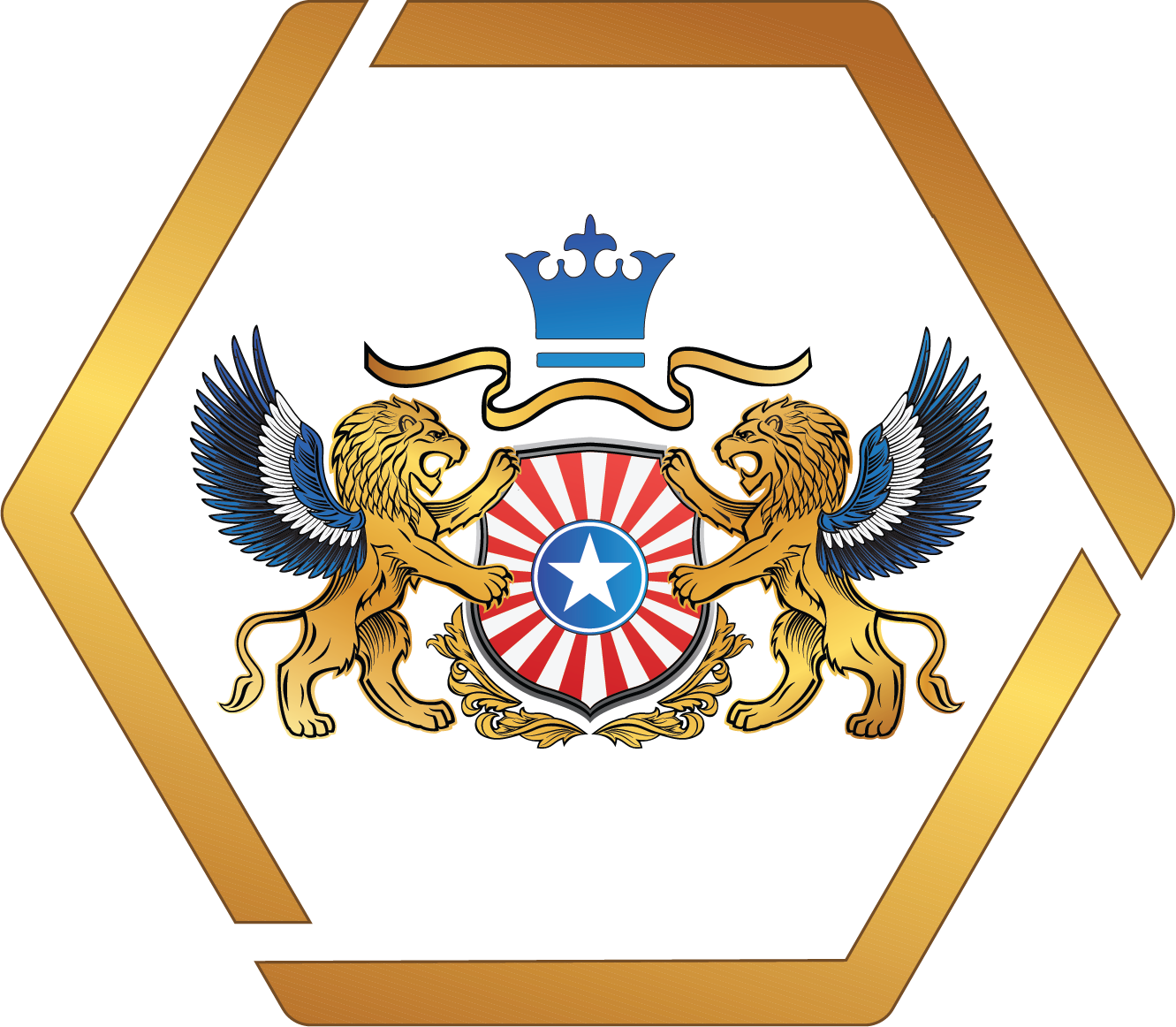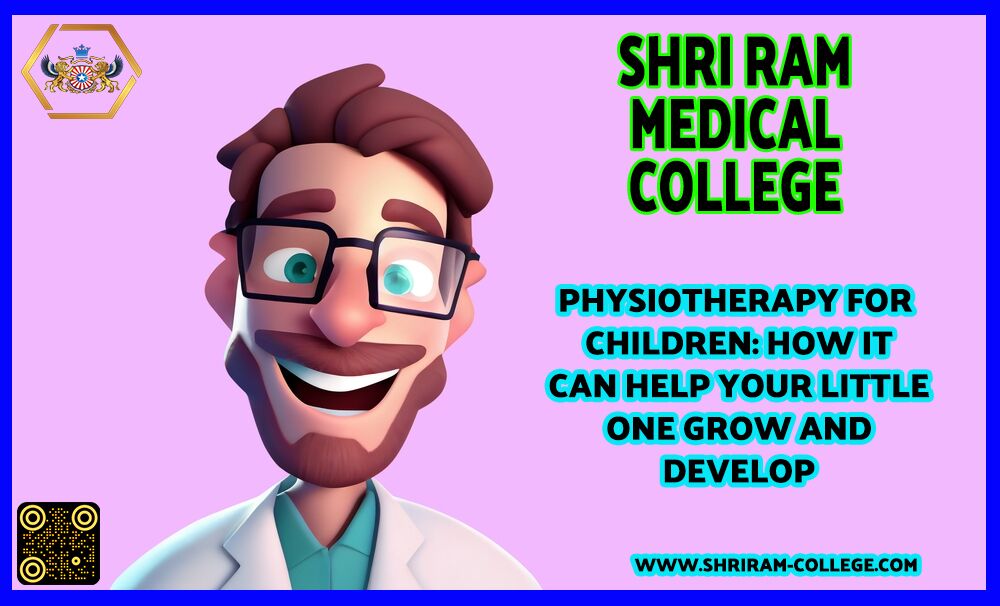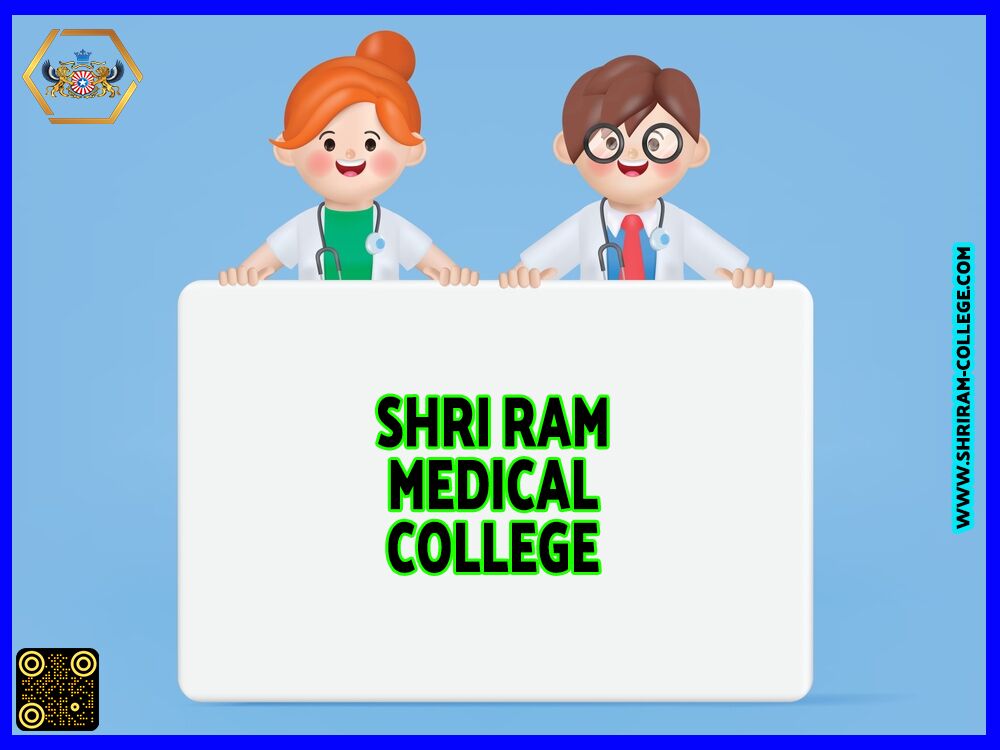No products in the cart.
Physiotherapy for Children: How It Can Help Your Little One Grow and Develop
Introduction
Learn how physiotherapy can have a significant effect on children’s development and growth. Find out how this all-encompassing method improves mental, emotional, and physical health.
Physiotherapy is essential for maximizing their growth and achieving their maximum potential. This all-inclusive guide delves into the realm of pediatric physical therapy, covering topics such as the many advantages of the treatment, typical ailments treated, methods used, and important things for parents to keep in mind.
What is physiotherapy?
When it comes to healthcare, physiotherapy—sometimes called physical therapy—is a subspecialty that focuses on improving mobility and function. The goal of physical, cognitive, and social development in children is a central tenet of physiotherapy.
Importance of physiotherapy for children
Physiotherapy is about more than simply fixing problems; it’s also about making sure people are healthy and happy for the rest of their lives. Physiotherapy helps children gain self-assurance by focusing on specific areas of development, like balance, coordination, and gross motor skills.
Benefits of Physiotherapy for Children
Physical development
Strength training, flexibility exercises, and endurance training are all part of physiotherapy. Children can overcome physical obstacles and accomplish milestones like sitting, standing, and walking with personalized exercises and activities.
Motor skills enhancement
Motor abilities are fundamental for daily functioning, ranging from gripping items to executing complicated movements. In order to help patients become more self-sufficient and have easier transitions, physiotherapy treatments target both fine and gross motor abilities.
Cognitive and social development
Physiotherapy isn’t just for the body; it helps with mental and social growth as well. Cognitive skills including spatial awareness, decision-making, and problem-solving are aided by therapists’ use of interactive activities and games with children. Social connection and learning from one’s peers are two additional benefits of group sessions.
Common Conditions Treated with Physiotherapy
Cerebral palsy
Movement and posture are impacted by cerebral palsy, a neurological condition. Children with cerebral palsy greatly benefit from physical therapy in terms of symptom management and overall quality of life enhancement. Therapists treat problems with movement, balance, and muscle tone using specific techniques.
Developmental delays
A wide range of issues, from speech and language impairments to delayed motor milestones, fall under the umbrella of developmental delays. Each child’s physiotherapy program is unique, with an emphasis on the areas that require the most help.
Musculoskeletal issues
Musculoskeletal disorders, including muscular dystrophy, scoliosis, and sports injuries, can greatly affect a child’s ability to move around and do daily tasks. The goals of physical therapy include pain relief, functional restoration, and the prevention of additional issues through the use of specific exercises, manual treatment, and education.
Techniques and Approaches in Physiotherapy
Play therapy
Pediatric physiotherapy relies heavily on play therapy, which provides an engaging and entertaining medium for fostering motor skills and growth. Theoretically, therapists help kids overcome obstacles, gain self-assurance, and discover their physical potential through play.
Aquatic therapy
For kids who have experienced physical impairments or injuries, water offers a special therapeutic setting. The buoyancy and resistance of water are used in aquatic therapy to help with mobility, build muscle strength, and improve general function.
Stretching exercises
For the best mobility and performance, flexibility is essential. Children benefit from stretching exercises because it increases their mobility, decreases the likelihood of muscle tightness, and protects them from injuries. Physiotherapists modify exercises, ranging from basic stretches to more complex methods, according to the specific requirements and capabilities of each child.
Choosing a Physiotherapist for Your Child
Qualifications and certifications
Make sure the physiotherapist you choose for your child has all the credentials before you hire them. Find doctors and nurses that have expertise working with children and who have the proper licensing.
Experience and specialization
Working with children who have unique or complicated needs requires a high level of expertise. Find physiotherapists that have experience working with kids who are around the same age and have a history of positive outcomes.
Compatibility with child’s personality
Every kid is special in their own way and has their own set of abilities, interests, and struggles. Find a physical therapist who gets to know your child and establishes a safe space where they may relax and take an active role in their treatment.
Preparing for Physiotherapy Sessions
Setting goals
It is critical to have clear, attainable goals before beginning a physiotherapy program. Whether it’s controlling pain, increasing independence, or improving mobility, your child’s therapist and you should work together to set goals that are specific to their needs and goals.
Creating a supportive environment
Positive, encouraging, and educationally supportive settings are ideal for children. Make sure your child has a specific area in the house where they can do the physiotherapist-recommended exercises, games, and therapeutic activities.
Communicating with the physiotherapist
The effectiveness of physiotherapy treatments relies on clear and constant communication. Share your concerns, observations, and progress updates with your child’s therapist on a frequent basis to keep the lines of communication open. You and your child can work together to adapt treatments and methods to your child’s changing requirements.
FAQs about Physiotherapy for Children
Q: What age can children start physiotherapy?
A: When dealing with congenital disorders or developmental abnormalities, physiotherapy treatments can start as early as infancy. The optimal time to begin physical therapy for a child, however, is situationally and medically dependent.
Q: How often should children attend sessions?
A: Physiotherapy session frequency is conditional, goal-specific, and dependent on the child’s reaction to treatment, among other things. Children may attend sessions as little as once a week or as often as twice a week, depending on their individual needs.
Q: Are there any risks or side effects?
A: Children typically have little to no adverse effects from physiotherapy. But there are potential dangers and side effects, like transient muscle tightness or exhaustion, as with any treatment. The therapist working with your child will keep a careful eye on their development and handle any issues that crop up.
Q: Can parents be involved in the sessions?
A: Absolutely! In pediatric physiotherapy, parents are strongly urged to be involved. In addition to helping parents feel more connected to their children, it also gives them tools they may use to foster their growth and development at home.
Q: How long does it take to see results?
A: When a child will start to notice improvements in their health, how long it will take, and how consistent their therapy is all factor in. Some kids might get better after only a few weeks of treatment, while others might need a little longer.
Q: How can physiotherapy complement other therapies?
A: Physical therapy is often used in conjunction with other forms of treatment, including speech, occupational, and behavioral therapy. When professionals work together, they can address many facets of a child’s growth at once. Improving children’s overall well-being and their ability to perform in daily activities can be achieved through addressing numerous variables simultaneously in a more holistic and sustainable way.
Conclusion
When it comes to children, physiotherapy is about more than simply helping them overcome physical obstacles; it’s about helping them reach their greatest potential and succeed. Movement and play are powerful tools that physiotherapists use to help their patients develop and gain independence. Every kid should have the chance to soar to great heights, whether that means conquering obstacles or making the most of their current talents.



